Rubber is the most prominent crop in the world. With the development of industrial world, the demands of rubber products are increasing day by day. So rubber production area is being enhanced and new area of the countries is going to produce rubber. Although numbers of countries in the world produce rubber but global rubber production is primarily dominated by Asia with Thailand, Indonesia, Vietnam, Malaysia etc. are major producers. In 2025, global production was projected to reach approximately 14.9 million metric tons, facing a shortfall compared to rising demand, particularly from the automotive sector. Considering global demand, countries are planning producing more rubber but facing different challenges including climate changes, pest’s infestation and other issues.
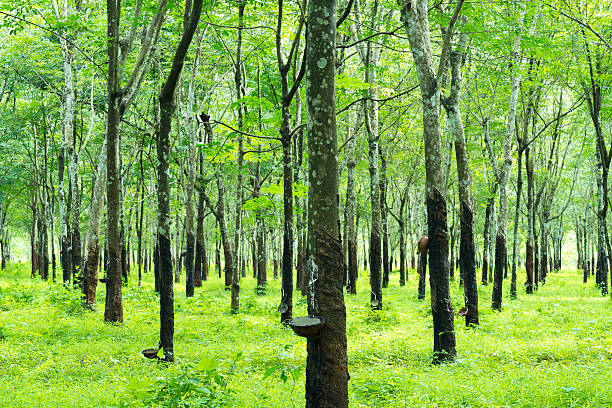
Rubber is infected by various disease including disease, insects, nematodes etc. South American Leaf Blight is one of the alarming diseases for rubber production. South American leaf blight (SALB) is a destructive fungal disease of rubber trees (Hevea brasiliensis) caused by the fungus Pseudocercospora ulei. This disease is endemic to South and Central America. Primarily, young leaves are attacked by this fungus causing significant damage that inhibits natural rubber production. The disease is a major concern for rubber-producing regions globally, especially in Asia. The countries of Asia are very concern to control SALB in rubber area and developed rules, regulations to control SALB in production level and also protecting SALB entry during rubber export and import. Also different organizations are working on SALB protection in Asia. Asia & Pacific Plant Protection Commission, regional plant protection organization of FAO developed guidelines for protection SALB (RSPM7) and coordinating among rubber growing countries in Asia to protect SALB.
To develop the knowledge of SALB protection and coordination among countries, APPPC organized a workshop with the participation of 25 delegates from Bangladesh, Malaysia, Fiji, Indonesia, Laos, Pakistan, Philipines, Sri Lanka, Thailand and Nepal in Malaysia from 18-22 August, 2025. The workshop named ‘Training Workshop of Molecular Diagnosis of SALB’ was hosted by Department of Agriculture, Malaysia. Department of Agriculture, Malaysia provided all logistic and technical support of the workshop. The workshop was inaugurated at 18th August in M World Hotel, Selangor, Malaysia with the presence of officials of Department of Agriculture, Malaysia; Malaysian Rubber Board, APPPC and participants of different countries under Asia &
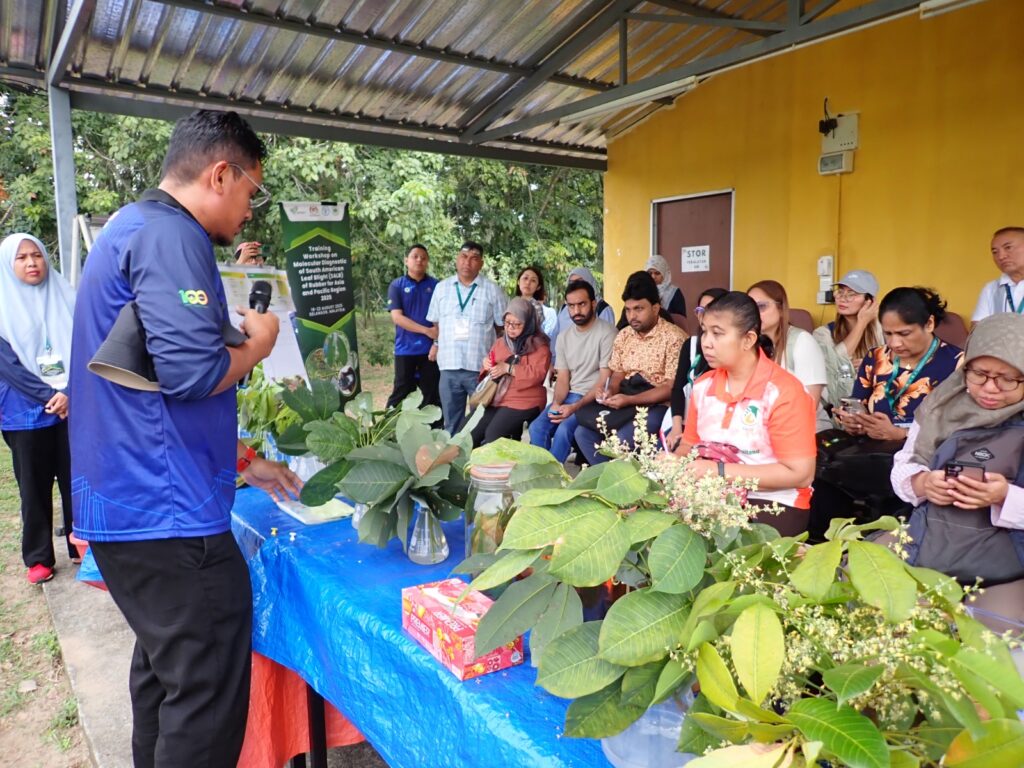
Pacific region. Mr. Johari Bin Abdullah, Deputy Director General, Department of Agriculture; Ybhg. Dato’ Dr Zairossani Mohd Nor, Director General, Malaysian Rubber Board; Mr. Arizal Arshad, Deputy Director, Plant Biosecurity Division, Department of Agriculture; Dr. Yubak Dhoj GC, Executive Secretary, APPPC Secretariat, Food and Agriculture Organization of the United Nations (FAO); Dr. Lihong Zhu, Portfolio Manager International Plant Protection Convention (IPPC), New Zealand Ministry for Primary Industries were present as guests in the inauguration ceremony. With the introductory speech of Dr. Yubak Dhoj GC, guests delivered their speech with new hope of work and coordination to protect SALB in Asian region. After that Mr. Johari Bin Abdullah, Deputy Director General, Department of Agriculture welcomed to all participants and invited to learn new thing and work intimately to protect SALB and declared inauguration of the workshop.
Technical sessions of diagnosis of SALB were conducted by scientists of Malaysian Rubber Board. The participants participated in laboratory work in group to diagnosis SALB. The conducted PCR Amplification using Genomic DNA with primer sets from ASEAN Diagnostic Protocols for Regulated Pests SALB and PCR amplification using different genomic DNA with Pseudocercospora ulei specific primer sets. The delegates learnt new information and experienced practically about SALB and committed to develop their countries strategy to protect SALB. Apart from laboratory work, participants were experienced with field activities with Rubber plant management, pesticide application and rubber based products produced in Malaysia.
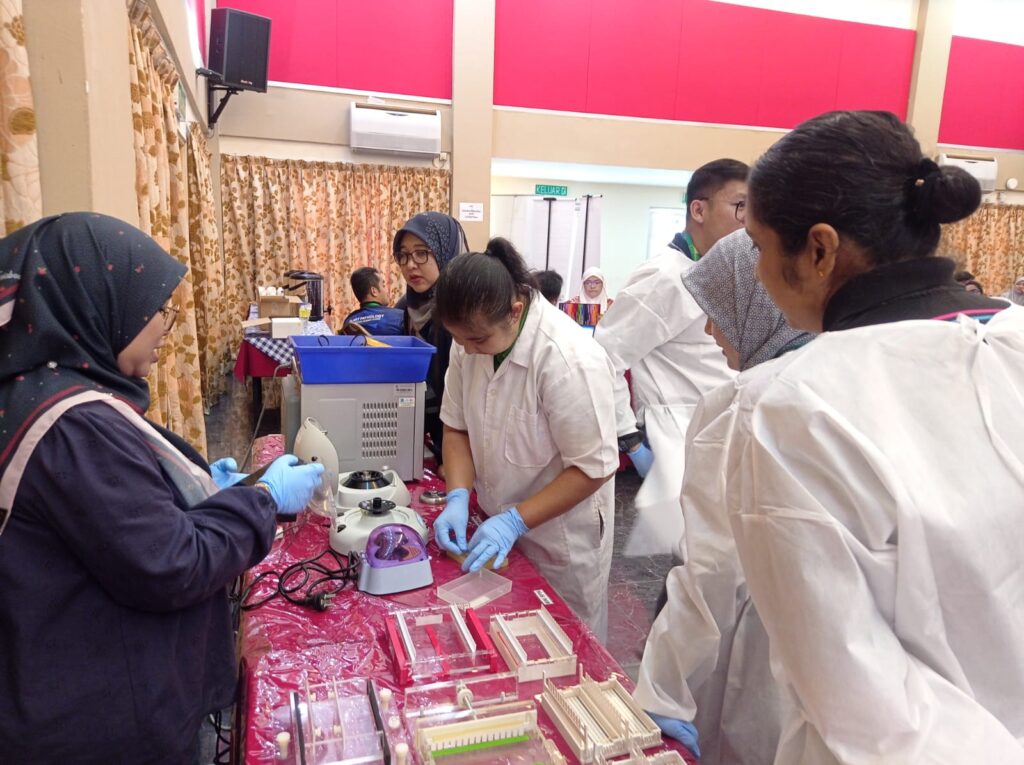
The workshop provided the delegates to introduce them with Rubber production, rubber industry and SALB protection in Asia. Participants expressed their experience with new hope and commitment at the closing day of the workshop. Rafikul Islam, a participant from Bangladesh said, ‘It is really new experience for me and I have been learnt a lot. I wish to work together for monitoring, diagnosis and protecting of SALB in my country with the cooperation of APPPC’. Organizers and guests expressed their feelings about workshop and dream for developed strategy to protect SALB. One of the organizers named Shuerni Binti Mohamad Razi, Assistant Director, Plant Biotechnology Unit, Plant Pest Diagnostic and Expertise Section, Department of Agriculture Malaysia., Department of Agriculture, Malaysia expressed that, “We are very happy to host this outstanding program that created an international platform to share ourselves about SALB and work together for protecting SALB disease in Asia for betterment our future in aspect of Rubber production and Plant Health”. Dr. Lihong Zhu, Portfolio Manager International Plant Protection Convention (IPPC) said, “we are committed to develop a better future. To control SALB we need to give more emphasis for protecting our rubber production in Asia.” Dr. Yubak Dhoj GC, Executive Secretary, APPPC Secretariat said that “we want to work together to keep our Asia free from SALB and also we need to more cooperation for the betterment of Plant health.” He gave more emphasis on guidelines for protection SALB (RSPM7) developed by APPPC. Also Mr. Arizal Arshad, Deputy Director, Plant Biosecurity Division, Department of Agriculture, Malaysia said, “To protect our rubber production and plant health we are committed to work together, we will do better after coming back to the country for protecting SALB”. and Dr. Lekshmi S. Nair, Senior Economist, Association of natural Rubber Producing Countries said, “It is important to move forward together with new strategy. I want cooperation of rubber producing countries for better production of rubber protecting from different emerging pests as like SALB. I wish to work together for our future development”.
The article is written by Md. Rafikul Islam, Agriculturist, Science writer and Co-founder, Biology School.


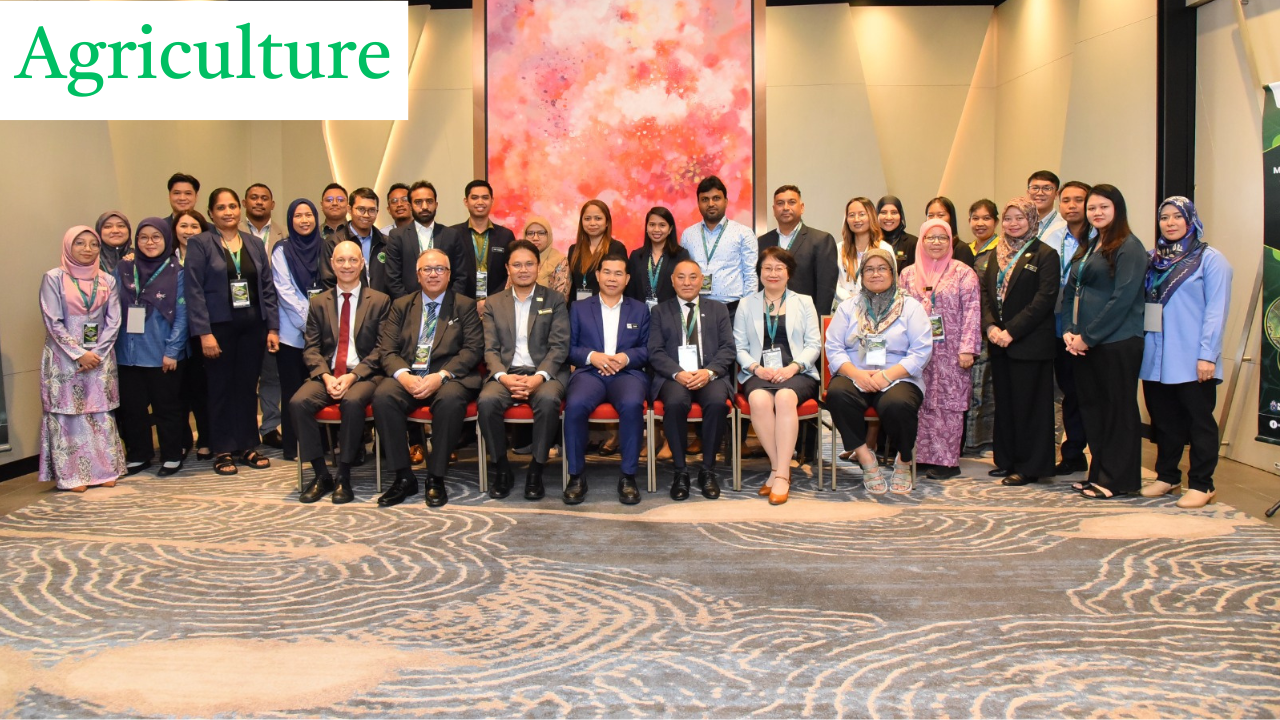
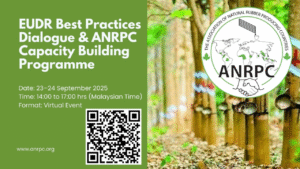
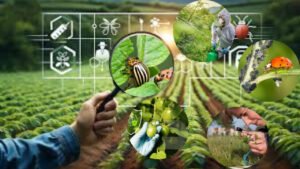
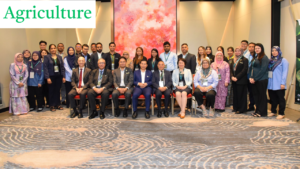


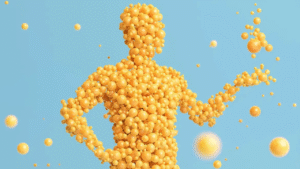

One Response
Nice